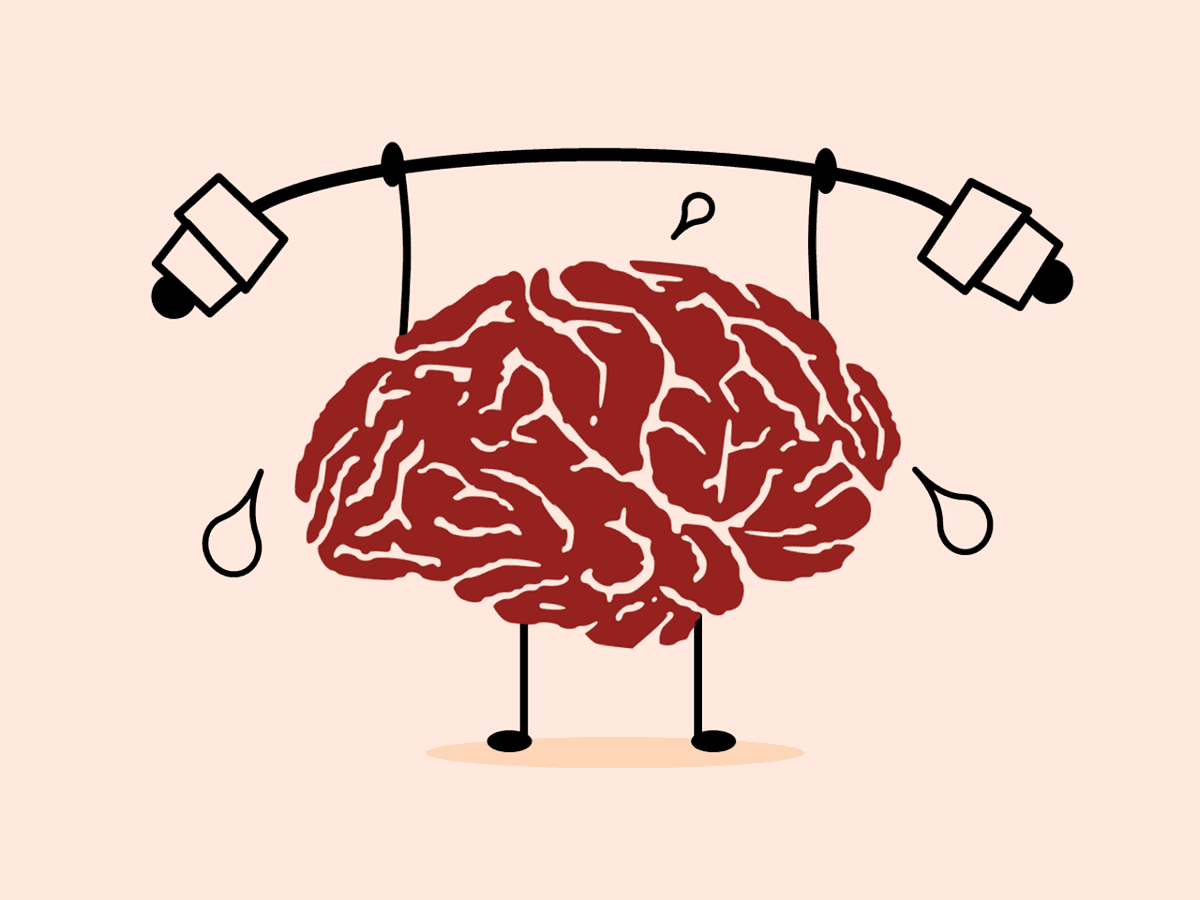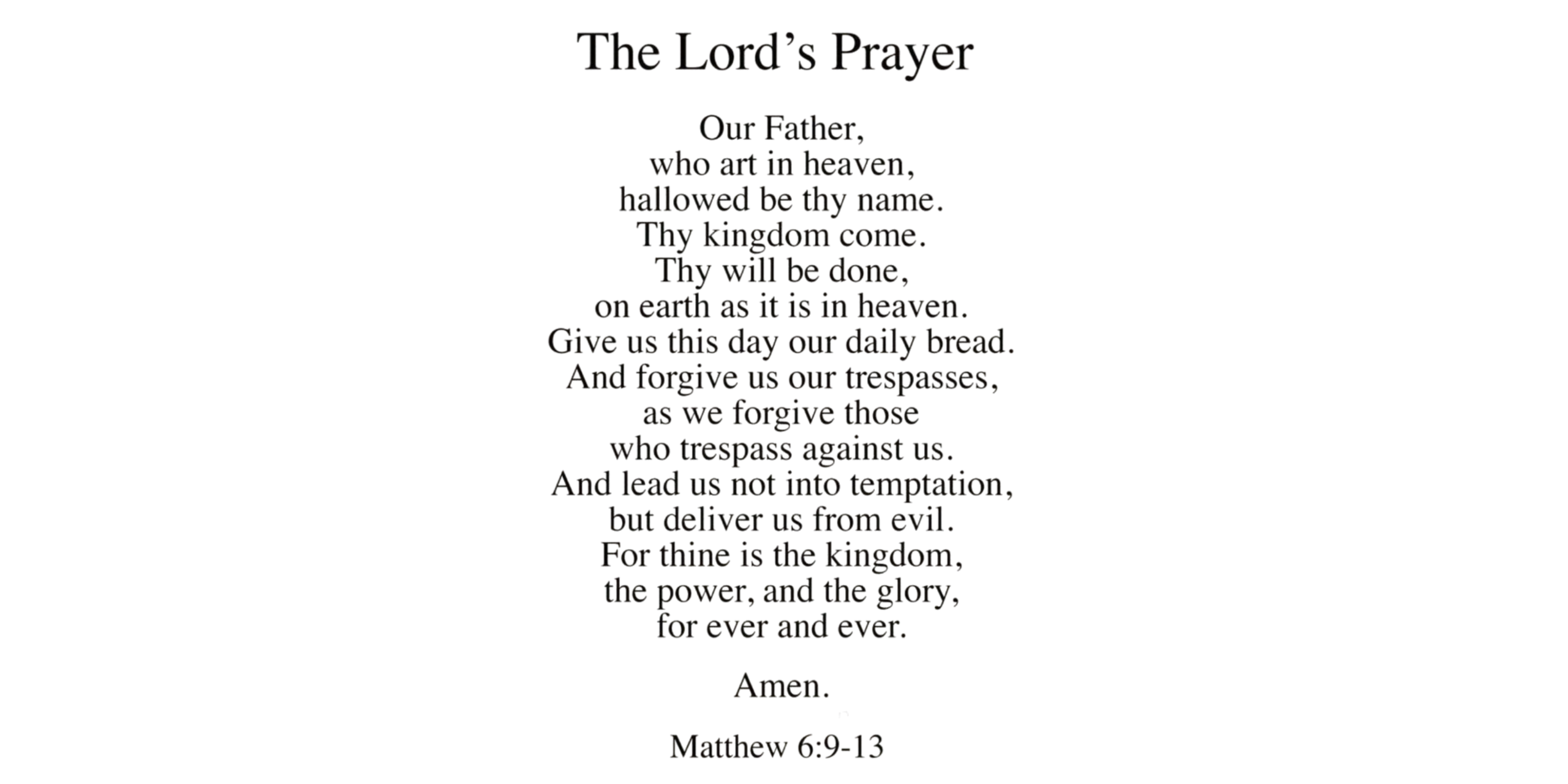Mental health is a vital part of overall well-being, yet it’s often overlooked when it comes to men. Despite growing awareness, many men still find it difficult to talk about their emotional struggles, largely due to societal expectations and deep-rooted stigma. This silence can lead to prolonged suffering, isolation, and missed opportunities for healing.
In this blog post, we take a closer look at the unique challenges men face when it comes to mental health – from the pressure to suppress emotions to the hesitancy around seeking therapy. We’ll also explore how alternative and spiritual practices can support emotional well-being, and share practical lifestyle changes that promote mental resilience. This is a straightforward, honest conversation – grounded in empathy, insight, and the belief that it’s time to break the silence.
The Stigma Around Men’s Mental Health
Men’s mental health often feels like living in a fog of unspoken pain. Many men silently carry emotional burdens, fearing judgment or appearing “weak.” Society has long sent the message that a “real man” is always strong and in control. Feelings? Shake it off. Vulnerability? Not manly. This stigma has consequences. In one UK survey, 40% of men have never spoken to anyone about their mental health, often citing embarrassment or negative stigma.
Many men believe they should “deal with it” themselves or worry they’ll be a burden if they open up. There’s even a haunting saying: “Men receive their first flowers at their funerals,” meaning society only acknowledges a man’s struggle when it’s too late.
It’s a chilling thought, and it reflects real risks. Men are far more likely to suffer in silence, which contributes to higher rates of severe outcomes like suicide. (In the U.S., men account for roughly 75% of all suicides.) These sobering facts aren’t meant to scare anyone, but to underscore that the stigma is literally life-threatening.
Why does this stigma persist? A lot of it comes from traditional gender norms. From boyhood, many men are told not to cry or show hurt. I recall being a 12-year-old boy who lost a soccer championship and cried out of disappointment. The response from a well-meaning relative was, “Don’t cry, be a man.” I learned that lesson: suppress the tears, stand up tall. Many men have lived this script. Over years, it teaches us to bury pain deep inside.
- “I’ve learned to deal with it.” – Men often convince themselves they should just tough it out, no help needed
- “I don’t want to appear weak.” – Admitting you’re struggling can feel like confessing failure as a man.
- “I’d rather not burden anyone.” – There’s a sense that talking about feelings will just bother or worry others, so better to stay quiet
These beliefs, though common, are misguided. Feeling sad, anxious, or broken doesn’t make a man weak – it makes him human. The irony is that sharing struggles actually takes courage. And when men do open up, it’s often a relief. One Reddit user shared an anecdote. A friend of mine – the last person you’d expect to talk about emotions – told me recently that when he finally confided in his brother about his depression, “it felt like taking off a heavy armor I’d been wearing for years.” He discovered his brother had battled similar feelings. In that moment, both realized they were not alone or abnormal. The stigma had lost its power, at least between them.
The Challenge of Expressing Emotions
If you’ve been taught all your life to hide emotions, how do you begin to share them? This is the dilemma many men face. There’s an image to maintain – strong, stoic, unfazed. As a result, a lot of men struggle to even identify what they’re feeling, let alone express it. As psychiatrist Kevin Simon noted in a Harvard panel on masculinity, boys are often “trained societally to taper down” their feelings from a young age. By adulthood, “men tend not to seek services because they’re just not even fully aware of the emotions they’re having”. In other words, burying feelings becomes so habitual that men might not have the vocabulary or awareness to describe their inner turmoil.
Think about your own upbringing: I might have not saw the men in your family talk about feeling scared or sad. Anger was one of the few “allowed” emotions – it was more acceptable for a man to be mad than to be vulnerable. Frustration, stress, heartache would sometimes get translated into irritability or isolation. It’s like that for many. One man I spoke with described it this way: “It’s not that I didn’t feel upset or anxious – I did. I just didn’t know how to say it. It always came out as ‘I’m tired’ or nothing at all.”
The cost of this emotional suppression is high. Imagine holding your breath – eventually you have to gasp for air. Similarly, bottled-up feelings demand an outlet. They might surface as panic attacks, reckless behavior, or deepening depression. Men might turn to alcohol or aggression as an outlet, without realizing these could be signs of internal pain. In fact, men are more likely than women to cope through risky behaviors or substance abuse. It’s essentially a dangerous form of self-medication for unspoken emotions.
So, how can men start to express what’s inside? A good first step is recognizing that having emotions is normal – yes, even the uncomfortable ones like fear, sadness, or insecurity. It can help to reframe what it means to be “strong.” Instead of strength meaning silent endurance, think of strength as the bravery to be honest.
As one mental health advocate observed, “Many men just want to be seen and heard… but they might not have the resources to know where to start their healing.” Simply put, men do want to open up; they just need safe spaces and permission to do so. This might mean finding one trusted friend or family member and saying, “Hey, can I talk to you about something that’s been bothering me?”
It might mean writing down feelings in a journal to get familiar with them before sharing. It could even be speaking to a group of other men with similar struggles, where the usual macho posturing is left at the door. More on these options in a bit. The key is to start somewhere, because voicing even a little of that burden can be profoundly liberating.
The Role of Therapy (Including Spiritual or Alternative Approaches)
Finding support: A man being comforted in a group therapy session. Opening up in a trusted setting – whether one-on-one or a group – can be a game-changer for men’s mental health. For a lot of men, the idea of therapy is intimidating. Some imagine lying on a couch while a bespectacled analyst says “Mm-hmm” – and that can feel awkward or even alien. Others worry that needing therapy means they’ve “failed” to handle their problems alone. But therapy isn’t a last resort for the weak; it’s a smart tool for anyone who wants to get better.
If you had a broken arm, you wouldn’t hesitate to see a doctor. If your heart is hurting or your mind feels broken, a therapist is the trained professional who can help heal those wounds. And many men who take the plunge into therapy wish they’d done it sooner.
Olympic swimmer Michael Phelps, who once struggled deeply with depression, found that talking about his emotions made life more livable. “Since that day I opened up about my emotions, it’s just been so much easier to live and so much easier to enjoy my life,” Phelps said. This from one of the most successful athletes in the world – proof that mental health struggles don’t care how tough or accomplished you are. They can affect anyone, and seeking help is a sign of wisdom, not weakness.
Therapy & Healing for Men
Traditional one-on-one therapy offers a safe space to share feelings and learn coping skills. Many men find it healing simply to be heard without judgment. As one man said, “Just naming my fears took away half their power.”
Beyond traditional therapy, other approaches can help:
- Group Therapy – Sharing with men who understand reduces isolation.
- Spiritual Counseling – Faith leaders or practices (prayer, scripture) can offer meaning and hope.
- Meditation & Mindfulness – Science-backed tools to reduce stress and increase self-awareness.
- Holistic Therapies – Yoga, martial arts, or creative outlets can release emotions in different ways.
Seeking help isn’t a one-time fix – even small steps matter. Less than half of men with mental health struggles get treatment, but those who do often say it changed their lives. You don’t have to carry the load alone. Find what works for you.
Lifestyle Practices to Support Mental Wellness
Lifestyle plays a huge role in how we feel. The mind and body are connected, and taking care of one helps the other. Think of these practices as the maintenance plan for your mental well-being – the emotional equivalent of exercise and good nutrition. They’re simple, practical steps that any man can incorporate:
Physical Exercise – Movement is a powerful mood booster, releasing endorphins and reducing stress. You do not need intense workouts. Even 20-30 minutes of moderate activity a few times a week helps. Bonus: Pair exercise with social time, like sports or gym buddies, for added benefits.
Sufficient Sleep – Emotional resilience crumbles without rest. Aim for 7-8 hours by setting a bedtime, reducing screen time, or winding down with reading or deep breathing. Sleep acts as a nightly reset, helping you process stress.
Healthy Diet & Moderate Alcohol – Food impacts mood. A balanced diet with vegetables, lean proteins, and whole grains stabilizes energy and emotions. Limit alcohol, as overuse can worsen anxiety and depression. Stay hydrated as well.
Connection & Communication – Social bonds matter, even for introverts. Spend time with friends, family, or groups, whether through deep talks or shared activities. Feeling seen and connected wards off isolation.
Mindfulness & Relaxation – Regular de-stressing is key. Try meditation, deep breathing, or quiet hobbies like listening to music or taking walks. These moments act like mental showers, easing tension and helping you check in with yourself.
Purpose and Play – Find meaning beyond work by volunteering, learning a skill, or mentoring others. Prioritize play too – hobbies, sports, or creative projects are not frivolous. They are fuel for the soul. Joy is a necessity, not a luxury.
Self-Compassion – Be kind to yourself. Men often hold unrealistic standards. Talk to yourself as you would a friend. Replace self-criticism with understanding to lighten life’s weight.
Small, consistent steps in these areas can make a big difference in mental wellness.
Breaking the Cycle
Changing the culture around men’s mental health won’t happen overnight, but it is happening. Every time a man opens up about his feelings, every time a father tells his son it’s okay to cry, every time a famous athlete or actor speaks out about going to therapy, that stigma gets a little weaker and the world gets a little safer for men’s emotions. We all have a role in this positive change.
If you’re a wellness practitioner or friend, check in on the men in your life. Sometimes just asking “How are you feeling, really?” and giving space for an honest answer can make a big difference.
If you’re a man struggling, consider this post your invitation to drop the mask – even just a bit – and let someone in. Strength and vulnerability are not opposites. In fact, it often takes a strong man to say, “I’m not okay, and I need some help.” There is real power in that truth. It opens the door to healing, connection, and growth. As men, we don’t have to carry it all on our shoulders. There’s support around us and within us – whether through friends, therapists, prayer, meditation, or healthy habits – waiting to be tapped into.
Let’s normalize talking about mental health the same way we’d talk about a sports injury or a career change. Let’s teach the next generation of boys that emotional openness is a form of courage. By doing so, we not only help individual men lead happier, healthier lives, but we also enrich our relationships, families, and communities with more understanding and love.
In the end, taking care of your mental health is not a sign of weakness; it’s one of the bravest, wisest investments you can make in yourself. To any man reading this: you are not alone in whatever you’re facing. It’s okay to feel, it’s okay to ask for help, and it’s okay to lean on others. Breaking the silence might just be the first step toward finding your true strength – the kind that builds a full, meaningful life. And you absolutely deserve that.
At Masi Wellness, we believe in creating safe, supportive spaces for healing. Whether you’re exploring meditation, mindfulness, emotional counselling, or alternative therapies our offerings are designed to help you reconnect – with yourself, your purpose, and your peace of mind.
If you or a loved one is going through mental health challenges, especially in silence, we invite you to explore our men’s wellness sessions, guided meditation circles, and one-on-one holistic consultations.







